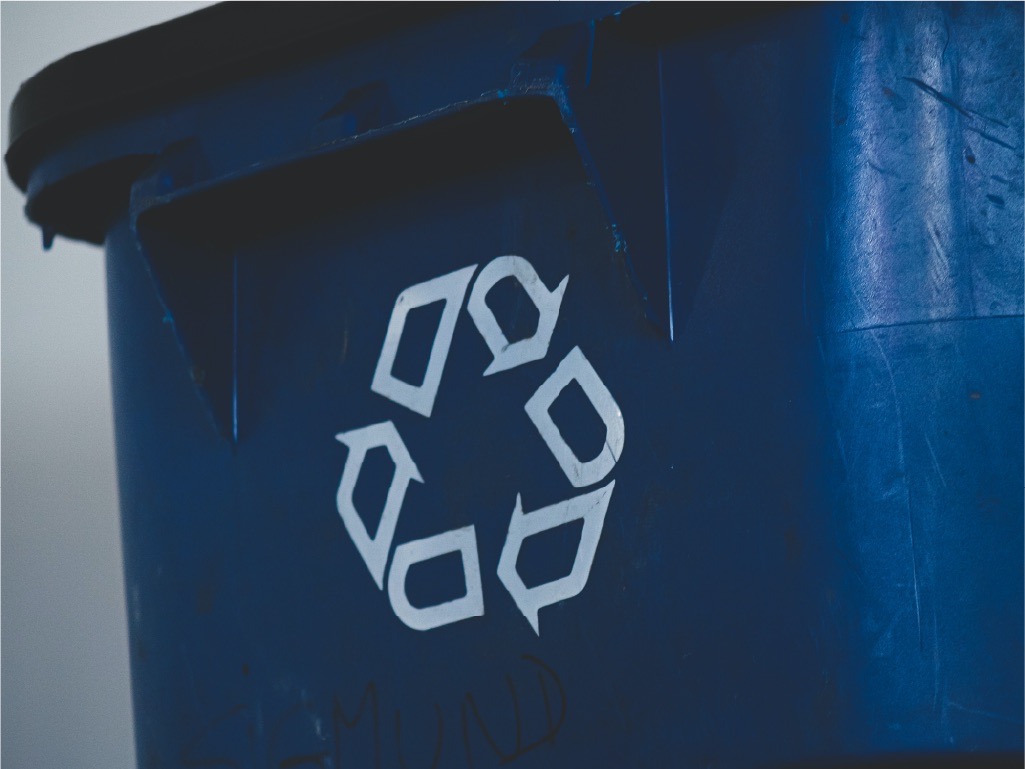Top Countries Leading the World in Recycling

Due to the threatening effects of climate change and global warming, the need for carbon reduction on the planet is at an all-time high.
Did you know that over 2 billion tonnes of waste are generated every year worldwide and that by 2050, the total quantity of waste generated is estimated to reach over 3 billion tons? This should give everyone a cause to worry.
Presently, around 33% of this waste, at minimum, is not being managed in an environmentally friendly and safe manner. The improper management of waste results in a high quantity of greenhouse gases, such as carbon dioxide, in the environment and pollution.
This article will discuss the countries leading the world in recycling, highlighting some processes other countries need to emulate. So, let’s get right to it.
Waste Management in Countries of the World
Proper disposal and recycling of waste products characterize adequate waste management. Waste has to be appropriately managed to build a sustainable, healthy, and habitable environment. However, this poses a challenge to most developing countries.
Because managing waste requires vast expenses, a large chunk of municipal budgets would be required, as sustainable systems with social support need to be implemented.
Although expensive, some governments of the world have introduced modern schemes for recycling, which have improved the handling of waste. Some of the top countries leading on that front have been highlighted below.
1. Germany
Germany is the top leading country when it comes to recycling. It has held the highest recycling rate in the world since 2016; the country has about 66% of all waste recycled, thereby reducing its yearly waste to a total of 1 million tons. Impressive right?
Germany implemented a policy where manufacturing companies are held liable for packaging recycling. This meant that they were responsible for disposing of waste from consumer goods. This policy resulted in a recycling scheme by manufacturers known as the Green Dot, a dual recycling system where waste is collected from households and businesses.
2. Wales
Wales recycles metal cans, trays, tubs, plastic, paper, glass, and cards, making a total rate of 65.5% recycling rate. It introduced various schemes for recycling where waste sorting by the councils and citizens is a significant part. Plus, the country has set out to achieve a world recycling rate of 70% by 2025.
3. Austria
Austria has 63% of its waste recycled, making it a leading country in recycling. This percentage was achieved from a legislative on the diversion of waste from landfills. A ban was placed on some products, especially those with a total organic carbon emission rate of more than 5%, from being dumped in landfills. This significantly increased the recycling rate of Austria and has also influenced other European countries to adopt it.
4. South Korea
With a recycling rate of 53.7%, South Korea has been able to compete with some European countries by introducing a scheme where waste is collected, recycled, and sold for a profit by private companies- of which the majority goes to China. In 2020, it banned plastic bottles and PVC; it plans to have disposable cups and plastic screws phased out by 2027.
To wrap it up
These four top countries have something in common – enforcing recycling measures nationwide. More countries must emulate them to reduce waste, thereby saving ocean life and the environment.